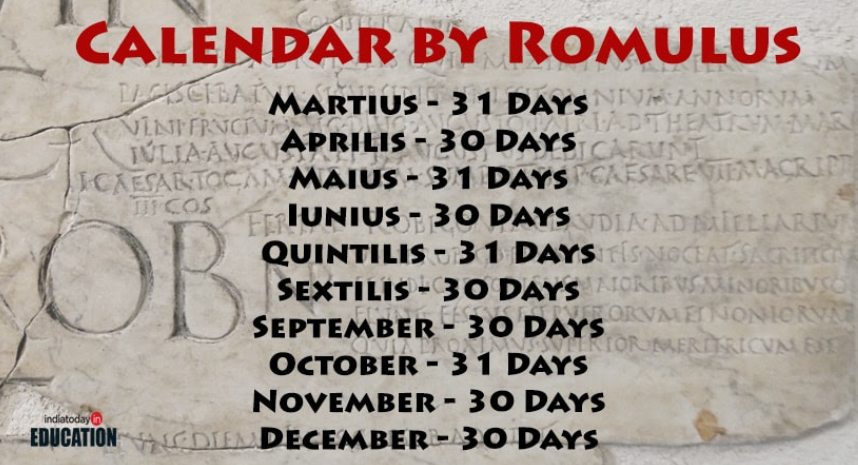
Adewale!! You have come again with your conspiracy theory. Will you come out of it and face the deadly reality? Is this advisable to one of the most rebellious soul that ever walked the earth? This is *Trwthradio* and I will keep emphasizing it until the whole Universe understand it’s Mission; When it’s not consistent in it’s nature, we are facing demons, pondering in thoughts, looking for answers and lastly, sharing it with the world.
Satan! Satan!! Satan!!! He has earned my respect. I’ll admit it. What a wise creature and by the way, he exist. The Most common and powerful Language is English Language; yet, it’s borrowed and empty in its natural form. Where has humanity gone wrong? Why is humanity in its deeply un-ciousness state? Where is currently Satan location because the author wants to know? Who can give me his exact location so I can find him? This Spirit must be encountered.
This article is for the readers, friends in disguise, enemies without reproach, devil’s advocate, competitors and lastly, innocent.
ORIGINS AND MEANINGS OF THE 12 MONTHS
For the helpless sake of humanity, can you agree with me on this one? Months of the year are subject to paganism, days of the week, numbers, and alphabets, perception of life and human practices, philosophies and ideologies of Men. Isn’t all these Vanity? What’s left as a human if my very point of existence is based on fallacies, fictions, lies, Ignorance, Deception, Indoctrination and gradual death?
Here me out for the sake of Truth as I present my case with this shocking evidence that all the days of our lives are nothing but waste. I call it Wasted Life. Why live? Why struggle to survive?
Satan the murderer has rectifies his nature into billions of souls. Quench his spirit before he has you under arrest.
How did the months of the year get their names? The months’ names reflect a mix of gods and goddesses, rulers, and numbers. Discover how our calendar developed into what it is today. Truly, this World is a great enemy to the Almighty and Christ.
Why can’t these white folks just leave the world and accept the nature forecast of time? Must they manipulate things on how it was naturally designed?
What is their Agenda/Purpose?
Let the Class begin as we begin to pour out the rage into the Universe. Catch it if you can. Get your pen and paper, as I will need your brain and soul to digest this.
3. 2. 1. Go !!
HOW OUR CALENDAR CAME TO BE
The Ancient Roman Calendar
Today, we follow the Gregorian calendar, but it’s based on the ancient Roman calendar, believed to be invented by Romulus, who served as the first king of Rome around 753 BC.
The Roman calendar, a complicated lunar calendar, had 12 months like our current calendar, but only 10 of the months had formal names. Basically, winter was a “dead” period of time when the government and military wasn’t active, so they only had names for the time period we think of as March through December.
March (Martius) was named for Mars, the god of war, because this was the month when active military campaigns resumed. May (Maius) and June (Junius) were also named for goddesses: Maia and Juno. April (Aprilis) is thought to stem from Latin aperio, meaning “to open”—a reference to the opening buds of springtime. The rest of the months were simply numbered; their original names in Latin meant the fifth (Quintilis), sixth (Sextilis), seventh (September), eighth (October), ninth (November), and tenth (December) month.
Eventually, January (Januarius) and February (Februarius) were added to the end of the year, giving all 12 months proper names. January was named after Janus, the Roman god of beginnings and transitions, while February’s name is believed to stem from Februa, an ancient festival dedicated to ritual springtime cleaning and washing.
Julian Calendar Updates
When Julius Caesar became pontifex maximus, he reformed the Roman calendar so that the 12 months were based on Earth’s revolutions around the Sun. It was a solar calendar as we have today. January and February were moved to the front of the year, and leap years were introduced to keep the calendar year lined up with the solar year.
The winter months (January and February) remained a time of reflection, peace, new beginnings, and purification. After Caesar’s death, the month Quintilis was renamed July in honor of Julius Caesar in 44 BC and, later, Sextilis was renamed August in honor of Roman Emperor Augustus in 8 BC.
Of course, all the renaming and reorganizing meant that some of the months’ names no longer agreed with their position in the calendar (September to December, for example). Later emperors tried to name various months after themselves, but those changes did not outlive them!
Today’s Gregorian Calendar
Quite a bit later, in 1582, Pope Gregory XIII introduced a number of reforms to the Julian calendar, as there were still some inaccuracies and adjustments to be made.
Mainly, the Julian calendar had overestimated the amount of time it took the Earth to orbit the Sun, so the Gregorian calendar shortened the calendar year from 365.25 days to 365.2425 days. This meant that the calendar could be more easily corrected by leap years and that the dates of the equinoxes and solstices—and thus, the date of Easter—once again lined up with their observed dates.
ORIGINS OF THE MONTHS’ NAMES
JANUARY
Named for the Roman god Janus, protector of gates and doorways. Janus is depicted with two faces, one looking into the past, the other into the future. In ancient Roman times, the gates of the temple of Janus were open in times of war and closed in times of peace.
FEBRUARY
From the Latin word februa, “to cleanse.” The Roman calendar month of Februarius was named for Februalia, a festival of purification and atonement that took place during this period.
MARCH
Named for the Roman god of war, Mars. This was the time of year to resume military campaigns that had been interrupted by winter. March was also a time of many festivals, presumably in preparation for the campaigning season.
APRIL
From the Latin word aperio, “to open (bud),” because plants begin to grow in this month. In essence, this month was viewed as spring’s renewal.
MAY
Named for the Roman goddess Maia, who oversaw the growth of plants. Also from the Latin word maiores, “elders,” who were celebrated during this month. Maia was considered a nurturer and an earth goddess, which may explain the connection with this springtime month.
JUNE
Named for the Roman goddess Juno, patroness of marriage and the well-being of women. Also from the Latin word juvenis, “young people.”
JULY
Named to honor Roman dictator Julius Caesar (100 B.C.– 44 B.C.) after his death. In 46 B.C., Julius Caesar made one of his greatest contributions to history: With the help of Sosigenes, he developed the Julian calendar, the precursor to the Gregorian calendar we use today.
AUGUST
Named to honor the first Roman emperor (and grandnephew of Julius Caesar), Augustus Caesar (63 B.C.– A.D. 14). Augustus (the first Roman emperor) comes from the Latin word “augustus,” meaning venerable, noble, and majestic.
SEPTEMBER
September comes from the Latin word septem, meaning “seven,” because it was the seventh month of the early Roman calendar.
OCTOBER
In the ancient Roman calendar, October was the name of the eighth month of the year. Its name comes from octo, the Latin word for “eight.” When the Romans converted to a 12-month calendar, they tried to rename this month after various Roman emperors, but the name October stuck!
In Old England, the month was called Winmonath, which means “wine month,” for this was the time of year when wine was made. The English also called it Winterfylleth, or “Winter Full Moon.” They considered this full Moon to be the start of winter. In weather lore, we note, “If October brings heavy frosts and winds, then will January and February be mild.”
NOVEMBER
From the Latin word novem, “nine,” because this had been the ninth month of the early Roman calendar.
DECEMBER
From the Latin word decem, “ten,” because this had been the tenth month of the early Roman calendar.
Now, If ten(December) happens to be 10th month of the year, Which month will be the Eleventh and likewise twelveth?
Comment below.
Can you also prove to the world where this facts/claim credits the Bible?
Comment below.
I REST MY CASE !!
Follow Trwth Radio on Social Media






Leave a Comment